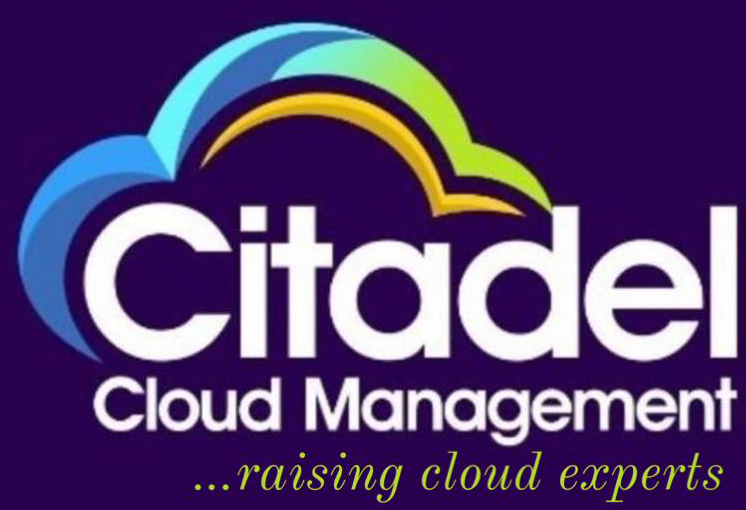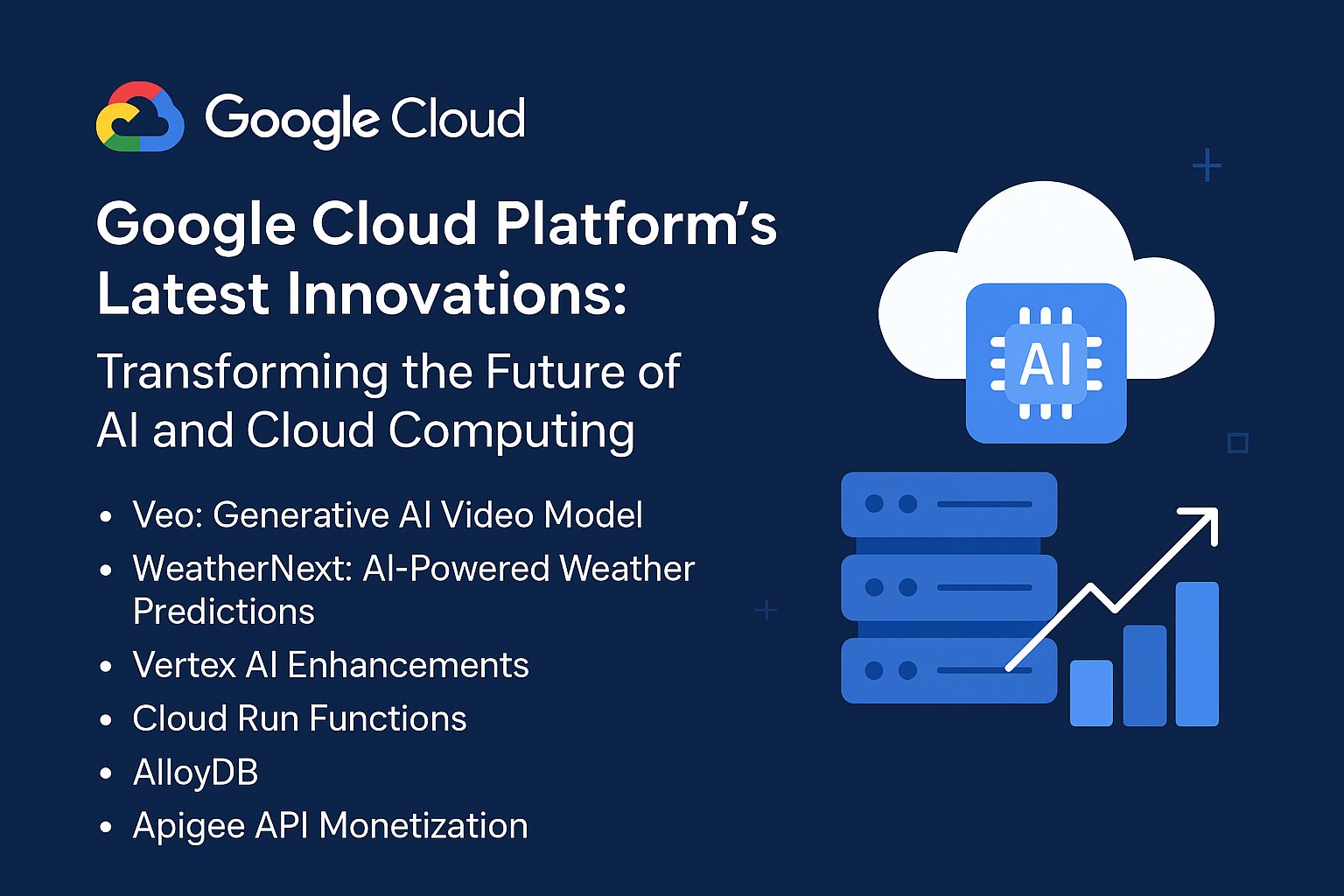In today’s rapidly evolving technological landscape, cloud computing has become an indispensable tool for businesses of all sizes. Among the myriad of cloud service providers, three stand out as the industry leaders: Google Cloud Platform (GCP), Amazon Web Services (AWS), and Microsoft Azure. Each of these platforms offers a robust set of features and services, but they also have unique strengths and weaknesses. This comparative analysis will delve into the key aspects of GCP, AWS, and Azure, helping businesses make informed decisions about which platform best suits their needs.
Market Share and Popularity
When it comes to market share, AWS is the undisputed leader. Launched in 2006, AWS was the first major player in the cloud computing space and has maintained a significant lead over its competitors. According to recent reports, AWS holds approximately 33% of the cloud market, with Azure trailing at around 21%, and GCP at about 10%.
Despite AWS’s lead, Azure has been gaining ground rapidly, thanks in part to its deep integration with Microsoft’s suite of products and services. GCP, while smaller in market share, is known for its innovative approach and strong emphasis on data analytics and machine learning.
Service Offerings
Compute
AWS, Azure, and GCP all offer a range of compute services, including virtual machines (VMs), containers, and serverless computing. AWS’s Elastic Compute Cloud (EC2) is one of the most well-known compute services, offering a wide variety of instance types to meet different needs. Azure’s Virtual Machines and Google Compute Engine provide similar functionality, with Azure boasting strong hybrid cloud capabilities and GCP emphasizing high-performance computing and scalability.
Storage
In terms of storage, AWS offers services like S3 (Simple Storage Service), EBS (Elastic Block Store), and Glacier for archival storage. Azure’s counterparts include Blob Storage, Disk Storage, and Azure Archive Storage. GCP provides Cloud Storage, Persistent Disks, and Nearline/Coldline for archival purposes. All three platforms offer robust, scalable storage solutions, but AWS’s S3 is often considered the industry standard due to its durability, availability, and extensive feature set.
Networking
Networking capabilities are critical for any cloud platform. AWS offers services such as VPC (Virtual Private Cloud), Direct Connect, and Route 53. Azure provides Virtual Network, ExpressRoute, and Azure DNS. GCP’s offerings include VPC, Cloud Interconnect, and Cloud DNS. While all three platforms provide comprehensive networking services, AWS and Azure have a slight edge in terms of global reach and integration options.
Database
AWS, Azure, and GCP all offer a variety of database services, ranging from relational databases to NoSQL and in-memory databases. AWS’s RDS (Relational Database Service), DynamoDB, and Aurora are widely used. Azure’s SQL Database, Cosmos DB, and Azure Database for MySQL/PostgreSQL provide strong alternatives. GCP offers Cloud SQL, Firestore, and Bigtable. GCP’s database services are particularly noted for their integration with Google’s data analytics tools.
Pricing
Pricing can be a complex aspect of comparing cloud platforms, as it depends on the specific services used, the amount of data processed, and the region in which the services are deployed. AWS generally offers a pay-as-you-go pricing model with a range of pricing options, including reserved instances and savings plans. Azure follows a similar model, with a variety of pricing tiers and options for long-term commitments. GCP is often praised for its straightforward pricing and sustained use discounts.
Performance and Reliability
Performance and reliability are paramount when choosing a cloud provider. AWS has a long track record of high availability and reliability, supported by its extensive global infrastructure. Azure also boasts strong performance, particularly in hybrid environments, thanks to its integration with Microsoft’s enterprise products. GCP is renowned for its low-latency network and strong performance in data-intensive applications.
Security and Compliance
Security is a top priority for all three cloud providers. AWS offers a comprehensive set of security services, including IAM (Identity and Access Management), AWS Shield, and AWS WAF (Web Application Firewall). Azure’s security offerings include Azure Active Directory, Azure Security Center, and Azure DDoS Protection. GCP provides IAM, Cloud Security Scanner, and Shielded VMs, among others. All three platforms comply with major industry standards and regulations, such as GDPR, HIPAA, and SOC 2.
Integration and Ecosystem
Integration capabilities and ecosystem support are critical considerations. AWS has the largest ecosystem, with a vast array of third-party integrations and a robust marketplace. Azure’s ecosystem is strengthened by its seamless integration with Microsoft products, making it an attractive choice for enterprises heavily invested in the Microsoft ecosystem. GCP’s ecosystem, while smaller, is bolstered by its strong data analytics and machine learning offerings, as well as its open-source-friendly approach.
Customer Support and Training
Customer support and training are essential for maximizing the value of cloud services. AWS offers a range of support plans, from basic support to premium enterprise support. Azure provides similar support options, including a comprehensive set of documentation and training resources. GCP offers support plans that cater to different business needs, along with extensive training and certification programs.
Use Cases and Suitability
Each cloud platform has its own strengths that make it suitable for different use cases. AWS is often the go-to choice for startups and enterprises looking for a broad range of services and a mature ecosystem. Azure is ideal for businesses that rely heavily on Microsoft products and need strong hybrid cloud capabilities. GCP is the preferred choice for organizations focused on data analytics, machine learning, and AI.
Future Outlook
The future outlook for all three cloud platforms is positive, with continued growth and innovation expected. AWS will likely maintain its leadership position, but Azure and GCP are poised to capture more market share as they continue to innovate and expand their service offerings.
FAQs
1. Which cloud platform is the most cost-effective?
The cost-effectiveness of a cloud platform depends on the specific services used and the business’s requirements. GCP is often praised for its straightforward pricing, but AWS and Azure offer various pricing options and discounts that can make them cost-effective as well.
2. How do AWS, Azure, and GCP compare in terms of security?
All three platforms offer robust security features and comply with major industry standards and regulations. AWS, Azure, and GCP provide comprehensive security services, including identity management, encryption, and threat detection.
3. Which cloud platform is best for data analytics and machine learning?
GCP is renowned for its data analytics and machine learning capabilities, thanks to services like BigQuery and TensorFlow. However, AWS and Azure also offer strong analytics and AI/ML services, making them suitable for a wide range of use cases.
4. Can I use multiple cloud platforms simultaneously?
Yes, many businesses adopt a multi-cloud strategy to leverage the strengths of different platforms. This approach can enhance flexibility, reduce risk, and optimize costs.
5. How do I choose the right cloud platform for my business?
Choosing the right cloud platform depends on various factors, including your business’s specific needs, existing infrastructure, budget, and future growth plans. Consider conducting a thorough assessment and consulting with cloud experts to make an informed decision.
Conclusion
In conclusion, AWS, Azure, and GCP are all powerful cloud platforms with unique strengths and capabilities. While AWS leads in market share and offers a vast array of services, Azure excels in hybrid cloud environments and integration with Microsoft products. GCP stands out for its innovative approach and strong focus on data analytics and machine learning. By carefully evaluating each platform’s offerings and aligning them with your business needs, you can choose the cloud provider that best supports your strategic goals and drives innovation.

